Much like a smartphone, your computer is supposed to make your life easier. However, even seemingly small maintenance mistakes and minor neglect can turn your browsing experience into a nuisance. A computer can be damaged in many ways. More often than not, silly mistakes that could have been easily been avoided are to blame.
If you find that your PC is slow, or it is suffering from frequent crashes, it might be because of an unintentional mistake – like opening an unverified email or downloading “free” software. Here is a list of common mistakes computer users are prone to make. Avoiding these will help you prevent damage to your computer and extends its overall life.
1. Forgetting to back up important data

This mistake happens because people feel that the data on their computers is safe and well protected. The unfortunate truth is that every hard drive, no matter how good it is, stops working at some point, and not having your precious files backed up means that they may be lost forever. You could also lose important files to viruses or even accidental deletion. Hence, it’s vital to have backup copies of all important documents.
This can be done in several ways. One of the most rock-solid backup strategies is to save your data on an external hard drive. Alternatively, you can use a cloud storage service or a network drive and have these services back up your data automatically. Just ensure that you keep checking your backups from time to time, to double-check that they are saving all the important info from your devices.
2. Clicking on Next or OK without reading
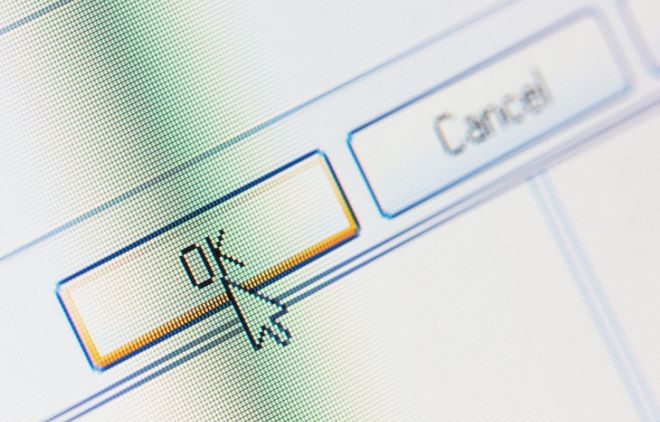
When you are using the Internet on your computer, be careful before you click on ‘OK’ or ‘Next’. Make sure you know what you’re agreeing to and never click on a button without reading the text above it. Even if you’re busy with an unrelated task, avoid clicking on ‘OK’ or ‘Next’ just to get rid of the window and move on. Otherwise, you could agree to install new browser toolbars, programs you don’t need, or other junkware (unwanted software that can clog up your system).
3. Not scheduling your antivirus to check for software updates
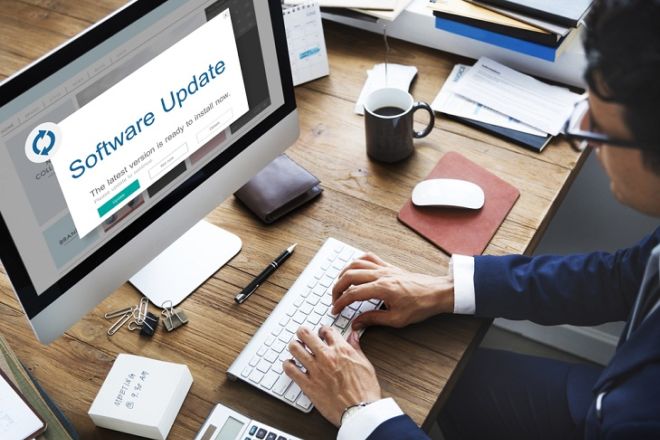
Keeping the main software on your computer updated is important: it helps you get new features, patches-up any security loopholes, and fixes bugs in the software. Ignoring these updates leaves your computer at risk of security breaches. To avoid such vulnerabilities, keep your software regularly updated.
You should also schedule your antivirus to check for updates once a day (all major antivirus programs have that option these days). This is important because new threats are emerging every day, and your antivirus can protect your system better if it receives an update on how to protect it from those threats. Ensuring that the antivirus keeps checking for software updates every day makes your PC much safer.
4. Opening phishing emails
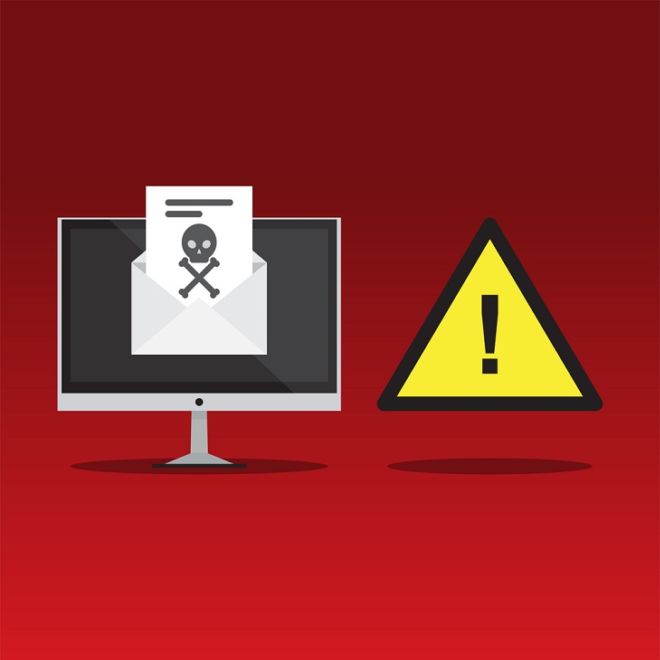
Never download a file or an email attachment from an unverified or unreliable source. With computers becoming more and more secure, hackers and malicious individuals have started attacking computers through emails. These bogus emails try to dupe us by trying to extract our personal information, like passwords and credit card numbers. They could also contain suspicious attachments with dangerous malware.
Your best defense against such suspicious emails is a spam filter. However, these days, phishing emails can make their way into inboxes with protection, too. So, you must always be cautious while downloading or opening files in your inbox.
5. Downloading and installing “free software”
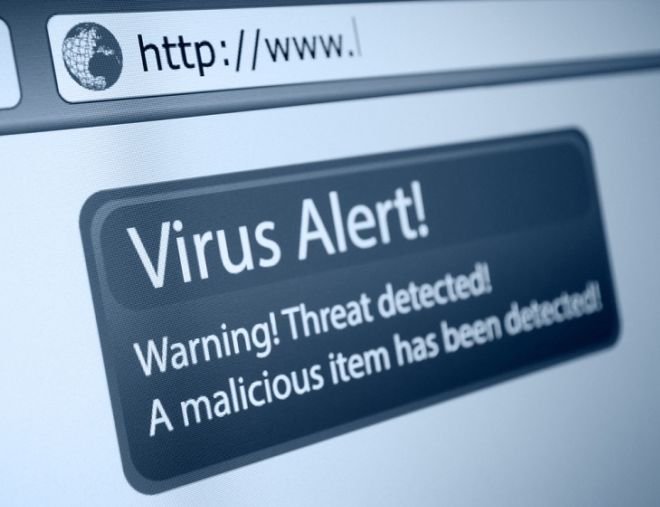
The most common way for a computer to get infected with viruses and malware is through downloading and installing “free software”. Always be cautious of any supposedly free software and install it only if you are sure that the source is legitimate. Also, many sites offer “free” cursors, fonts, wallpapers, emoticons, and other small files that could be packed with nefarious software.
When you download the supposedly free software or file, you could be opening the door for harmful malware, too. Thus, be suspicious of any free software offers. Be particularly wary of sites that require you to install an installer or a download manager, as these tools are likely to contain viruses. Also, steer clear of anything that looks like an advertisement on the download page.
6. Keeping too many tabs or windows open
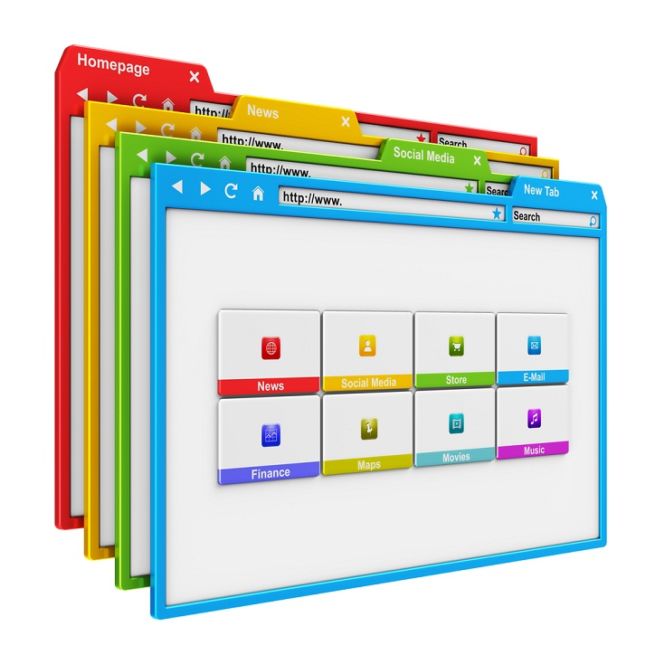
Many people have the habit of keeping a number of tabs and windows open on their computers. This can slow down your computer’s performance over time, and could eventually make it really slow. Just close the tabs and windows you are not using and give your computer some much-needed breathing space.
7. Ignoring the warning that your disk space is full
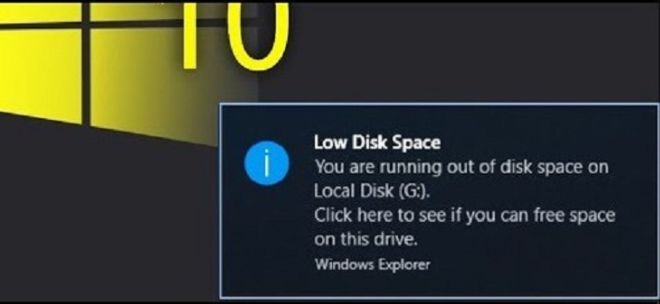
Those constant warnings of low disk space may be annoying, but that doesn’t mean that they should be ignored. Running out of storage space will make slow down your computer and make it prone to crashes. So take heed of the warning and start deleting all the unnecessary files on your device. Just make sure that you really don’t need them before you delete them.
A good way to clear up some space on the computer is to transfer some of your data to an external hard disk. You could also store files in a cloud or network to save local storage space.
8. Having a cluttered desktop
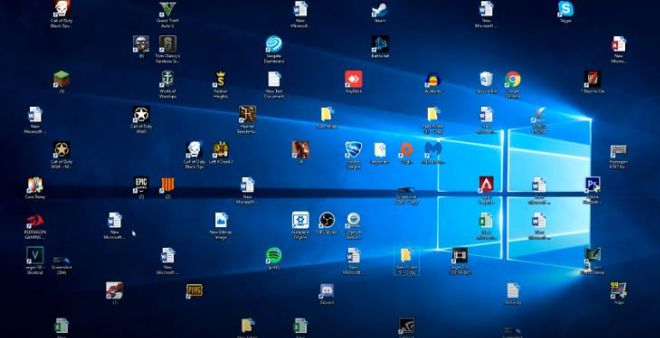
Having a cluttered desktop doesn’t just make things difficult to find, it can also slow computers down. The icons on your desktop take up a lot more of your resources than you may realize. Hence, you must keep it clutter-free. So get rid of any unnecessary files and uninstall unused apps.
Moreover, remember that all the files on your desktop are stored on the C drive by default. So, if your computer crashes for some reason and you have to format the C drive, you will lose all the files from the desktop. Try and avoid keeping large files on the desktop and reorganize any programs/apps to another drive.




Sehr gut!!!!